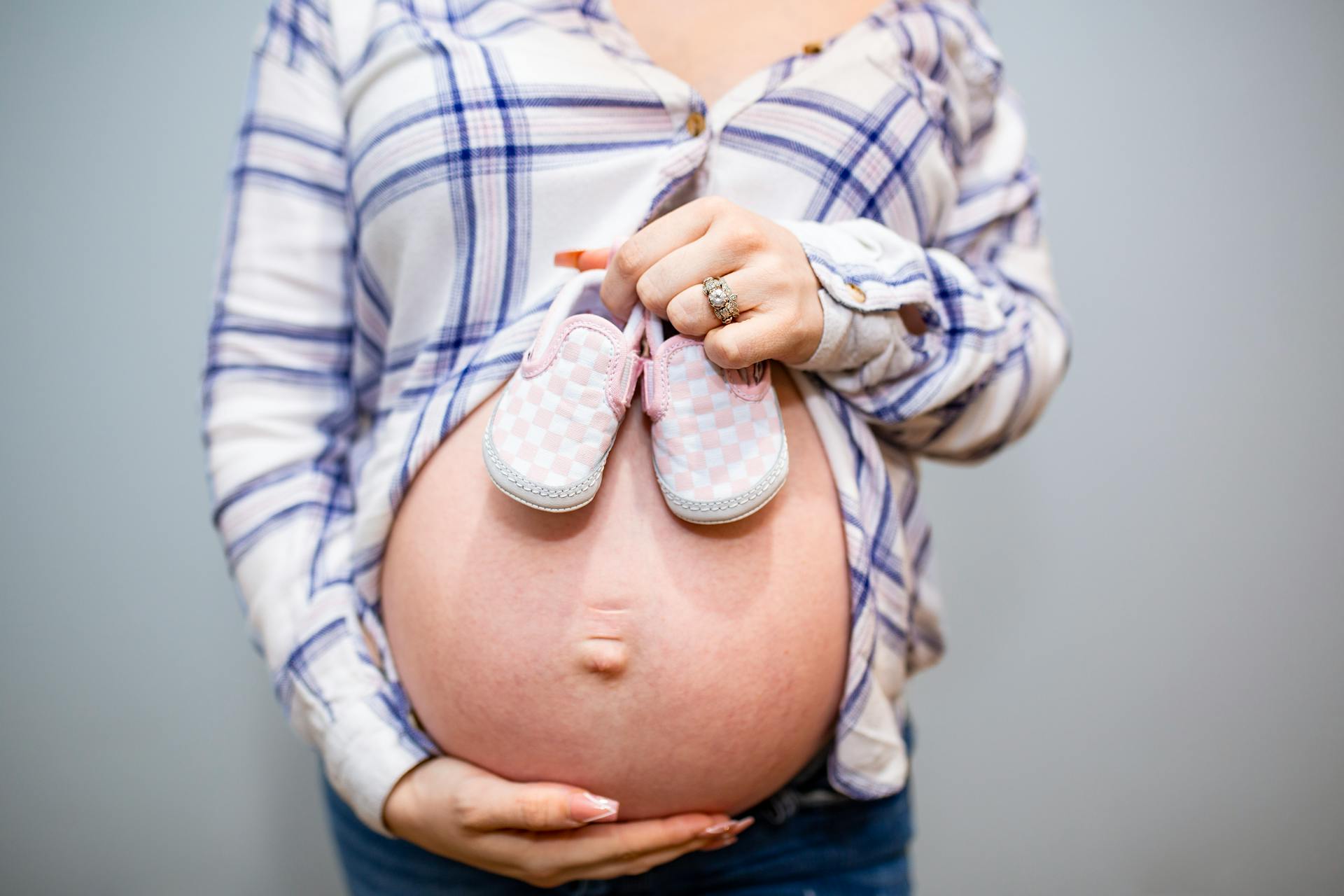Pregnancy testing is a pivotal moment for many individuals and couples, offering clarity and direction regarding future plans. However, knowing when to take a pregnancy test can be confusing, especially with the plethora of options available today. In this comprehensive guide, we will explore the science behind pregnancy tests, how to use a pregnancy test calculator, and various factors that influence the timing and accuracy of tests.
Understanding Pregnancy Tests
How Pregnancy Tests Work
Pregnancy tests work by detecting the hormone human chorionic gonadotropin (hCG) in urine or blood. This hormone is produced by the placenta shortly after a fertilized egg implants in the uterus.
- Types of Pregnancy Tests:
- Home Urine Tests : The most common method, available over the counter. These tests vary in sensitivity.
- Blood Tests : Conducted in a healthcare setting, blood tests can detect lower levels of hCG than urine tests and can provide quantitative results.
When to Take a Pregnancy Test
The timing of taking a pregnancy test is crucial for accurate results. Here’s what you need to know :
- Timing Relative to Menstrual Cycle :
- Before Your Missed Period : Some tests claim to detect pregnancy as early as five days before a missed period, but results may be less reliable at this stage.
- On the Day of Your Missed Period : This is generally considered the most reliable time to take a test.
- After a Missed Period : Testing one week after a missed period can yield the most accurate results.
- hCG Levels :
- hCG levels double approximately every 48 to 72 hours in early pregnancy. Testing too early might not detect these low levels, leading to a false negative result.
Pregnancy Test Calculator: How to Use It
A pregnancy test calculator can help determine the optimal time to take a test based on your menstrual cycle. Here’s how to use it :
Step 1 : Identify Your Menstrual Cycle
- Cycle Length : Determine the average length of your menstrual cycle (the number of days from the first day of your period to the day before your next period starts).
- Ovulation : Ovulation typically occurs about 14 days before your next period. You can track ovulation signs such as changes in cervical mucus or basal body temperature to get a more accurate idea.
Step 2 : Input Information into the Calculator
Most pregnancy test calculators will require :
- The date of your last menstrual period (LMP).
- The average length of your menstrual cycle.
Step 3 : Calculate
The calculator will typically provide :
- The expected date of your next period.
- The earliest date you can test based on the sensitivity of different tests.
Example Calculation
Let’s say your last period started on April 1, and you have a regular 28-day cycle. Here’s how it would break down :
- Next Period Expected : April 29.
- Earliest Test Date : If using a sensitive test that can detect hCG five days before your missed period, you could test as early as April 24.
Factors Influencing When to Take a Pregnancy Test
1. Menstrual Cycle Regularity
- Regular Cycles : For individuals with regular cycles, timing is straightforward. You can predict ovulation and the expected date of your next period accurately.
- Irregular Cycles : If your cycles are irregular, it may be harder to determine when to test. In such cases, it’s best to wait at least three weeks after unprotected sex before testing.
2. Test Sensitivity
Different tests have different sensitivities to hCG. Most home tests can detect levels around 20-25 mIU/mL, but some high-sensitivity tests can detect levels as low as 10 mIU/mL. Choosing a highly sensitive test can allow for earlier testing, but remember that even the most sensitive tests may yield false negatives if taken too early.
3. Urine Dilution
Testing at different times of the day can affect results. The first morning urine is typically the most concentrated and will have the highest hCG levels if pregnancy has occurred. Testing later in the day or after drinking a lot of fluids can dilute urine and lead to a false negative.
4. Recent Pregnancy or Miscarriage
If you’ve recently been pregnant or had a miscarriage, your hCG levels may still be elevated, which could affect testing. It’s advisable to wait at least a couple of weeks after a miscarriage before testing again.
5. Medications
Some fertility medications contain hCG, which can lead to false-positive results. Always check with a healthcare provider regarding any medications you are taking that could affect test outcomes.
Emotional Considerations
The period between potential conception and taking a pregnancy test can be filled with a whirlwind of emotions. It’s common to experience anxiety, excitement, and uncertainty. Here are some tips to manage these feelings:
1. Talk About It
Discuss your feelings with a trusted friend or partner. Sharing your thoughts can provide emotional relief and help you process what you’re experiencing.
2. Practice Self-Care
Engaging in self-care practices such as exercise, meditation, and hobbies can help manage anxiety and stress during this time.
3. Educate Yourself
Knowledge is empowering. Understanding the process of conception, implantation, and the mechanics of pregnancy tests can alleviate anxiety and help you feel more in control.
Next Steps After Pregnancy Test
If the Test is Positive
- Confirm the Result : Consider retesting in a few days or consulting with a healthcare provider for a blood test to confirm the pregnancy.
- Start Prenatal Care : If the pregnancy is confirmed, schedule an appointment with a healthcare provider to begin prenatal care.
- Explore Your Options : If you’re unprepared for pregnancy, it’s essential to explore your options and seek support.
If the Test is Negative
- Wait and Test Again : If your period doesn’t start within a week, retest. Levels of hCG can increase rapidly in early pregnancy.
- Consult a Healthcare Provider : If you continue to experience symptoms or have concerns about your cycle, reach out to a healthcare provider for further evaluation.
- Track Your Cycle : Keeping a menstrual calendar can help you understand your cycle better and assist in future family planning.
Conclusion
Knowing when to take a pregnancy test is crucial for achieving accurate results and understanding your reproductive health. Using a pregnancy test calculator can streamline the process and provide guidance based on your individual menstrual cycle. Remember, the timing of the test, the sensitivity of the test, and factors like urine dilution all play significant roles in determining accuracy.
Whether your results are positive or negative, seeking support and information can help you navigate this significant time in your life. Always consider consulting with a healthcare provider for personalized advice and care. Understanding your body and being informed can empower you to make the best decisions for your future.















